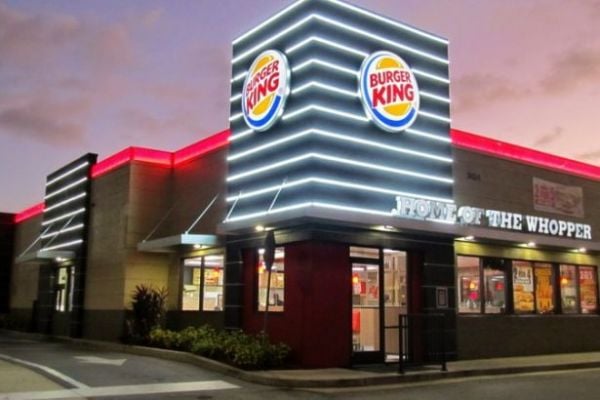McDonald's is making its first big move towards sustainably sourced food by shifting into antibiotics-free chicken.
The surprise announcement on Wednesday comes just days after the fast-food giant welcomed its new chief executive officer, Steve Easterbrook. The policy calls for a gradual transition to serving chicken free of certain antibiotics at US stores, as well as milk from cows that are not treated with artificial growth hormone rBST. But McNuggets and chicken sandwiches will not be totally antibiotic-free: Farmers selling to McDonald's "will continue to use ionophores, a type of antibiotic not used for humans," according to the company's press release.
Still, any time a fast-food behemoth on the scale of McDonald's moves into a new ingredient—be it English cucumbers in the McWrap or edamame for an Asian salad—it has the effect of upending the market. Simply adding sliced apples to its menu immediately made McDonald's one of the largest buyers of apples in the US.
With that in mind, here's a closer look at the reasons why McDonald's decided to switch from antibiotics in its poultry.
1. Everyone else is already there
Competitors such as Chipotle, Elevation Burger, Panera Bread, Shake Shack, and Chik-fil-A "either already offer antibiotic-free meat and poultry options or have committed to doing so," according to the Natural Resources Defense Council. Consumers have been flocking to these chains as traditional fast-food outlets struggle to grow. Analysts expect to see McDonald's same-store sales in the US drop again in February. Its decade-old antibiotics policy lagged behind and had recently been criticized as ineffective. McDonald's had already promised to "source all of our food and packaging sustainably," which included a commitment to start buying "verified sustainable beef" by 2016. While the company's definition of sustainable beef remains unclear, the new policy suggests that the use of antibiotics will be directly addressed for other meats as well.
2. McDonald's needs to change customers' minds about its food quality.
In a departure from earlier eras, animal welfare and environmental impact are now concerns of fast-food customers. McDonald's is "focused on enhancing the appeal of our core products and addressing food perceptions by improving and highlighting the quality of our ingredients," as it pointed out in its annual filing to the Securities and Exchange Commission. This has been apparent in recent campaigns such as videos with former Mythbusters host Grant Imahara about how McDonald's food is made and ads about the eggs freshly cracked to make Egg McMuffins.
3. The FDA is already there
Also supporting McDonald's new policy are complementary guidelines by the Food and Drug Administration, aimed at stopping farm animals from being fed antibiotics to make them grow faster. The concern is that overuse of these drugs on farms will lead to the development of bacteria immune to lifesaving drugs on which humans rely.
The NRDC called McDonald's new policy a landmark announcement but said in a statement that a problem remains with the use of certain antibiotics that are still allowed for “disease prevention” in livestock, "with no real limit on how much or how often these drugs can be administered." This is a practice, says NRDC Senior Advocate Sasha Stashwick, that can still contribute to antibiotic resistance.
Bloomberg News, edited by Hospitality Ireland









